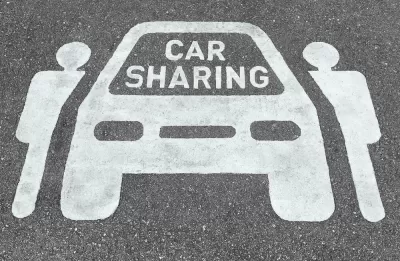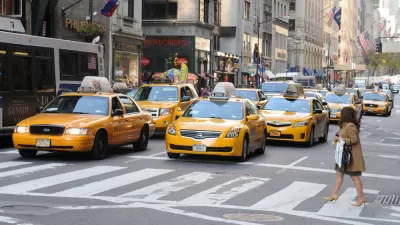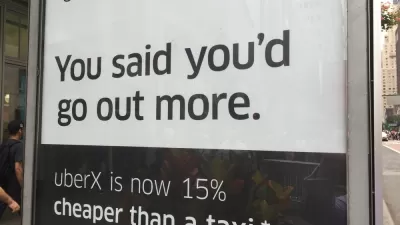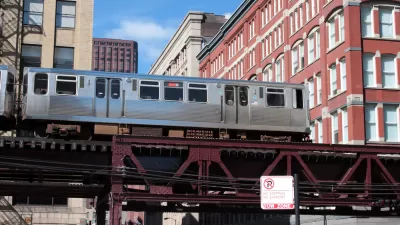Ride-hailing companies are responding to the coronavirus pandemic with actions that can protect both drivers and riders.

"Lyft and Uber both suspended their shared pooled ride services — Lyft Line and UberPool, respectively — effective Tuesday in the United States and Canada in a bid to help curb the spread of the new coronavirus (COVID-19)," reports Chris Teale.
While so far, many of the mobility effects of the coronavirus pandemic have been visible on reduced car congestion, declining transit ridership, and increasing numbers of people on bikes, now the world of transportation network companies is also showing signs of change.
For now, single rides and the Uber Eats food delivery service are still available. The Independent Drivers Guild, which advocates for drivers in New York City, is advocating for additional protections for drivers, including a moratorium on shared rides and a paid sick leave policy.
FULL STORY: Lyft, Uber suspend pool services due to coronavirus fears

Alabama: Trump Terminates Settlements for Black Communities Harmed By Raw Sewage
Trump deemed the landmark civil rights agreement “illegal DEI and environmental justice policy.”

Study: Maui’s Plan to Convert Vacation Rentals to Long-Term Housing Could Cause Nearly $1 Billion Economic Loss
The plan would reduce visitor accommodation by 25% resulting in 1,900 jobs lost.

Why Should We Subsidize Public Transportation?
Many public transit agencies face financial stress due to rising costs, declining fare revenue, and declining subsidies. Transit advocates must provide a strong business case for increasing public transit funding.

Paris Bike Boom Leads to Steep Drop in Air Pollution
The French city’s air quality has improved dramatically in the past 20 years, coinciding with a growth in cycling.

Why Housing Costs More to Build in California Than in Texas
Hard costs like labor and materials combined with ‘soft’ costs such as permitting make building in the San Francisco Bay Area almost three times as costly as in Texas cities.

San Diego County Sees a Rise in Urban Coyotes
San Diego County experiences a rise in urban coyotes, as sightings become prevalent throughout its urban neighbourhoods and surrounding areas.
Urban Design for Planners 1: Software Tools
This six-course series explores essential urban design concepts using open source software and equips planners with the tools they need to participate fully in the urban design process.
Planning for Universal Design
Learn the tools for implementing Universal Design in planning regulations.
Smith Gee Studio
Alamo Area Metropolitan Planning Organization
City of Santa Clarita
Institute for Housing and Urban Development Studies (IHS)
City of Grandview
Harvard GSD Executive Education
Toledo-Lucas County Plan Commissions
Salt Lake City
NYU Wagner Graduate School of Public Service





























